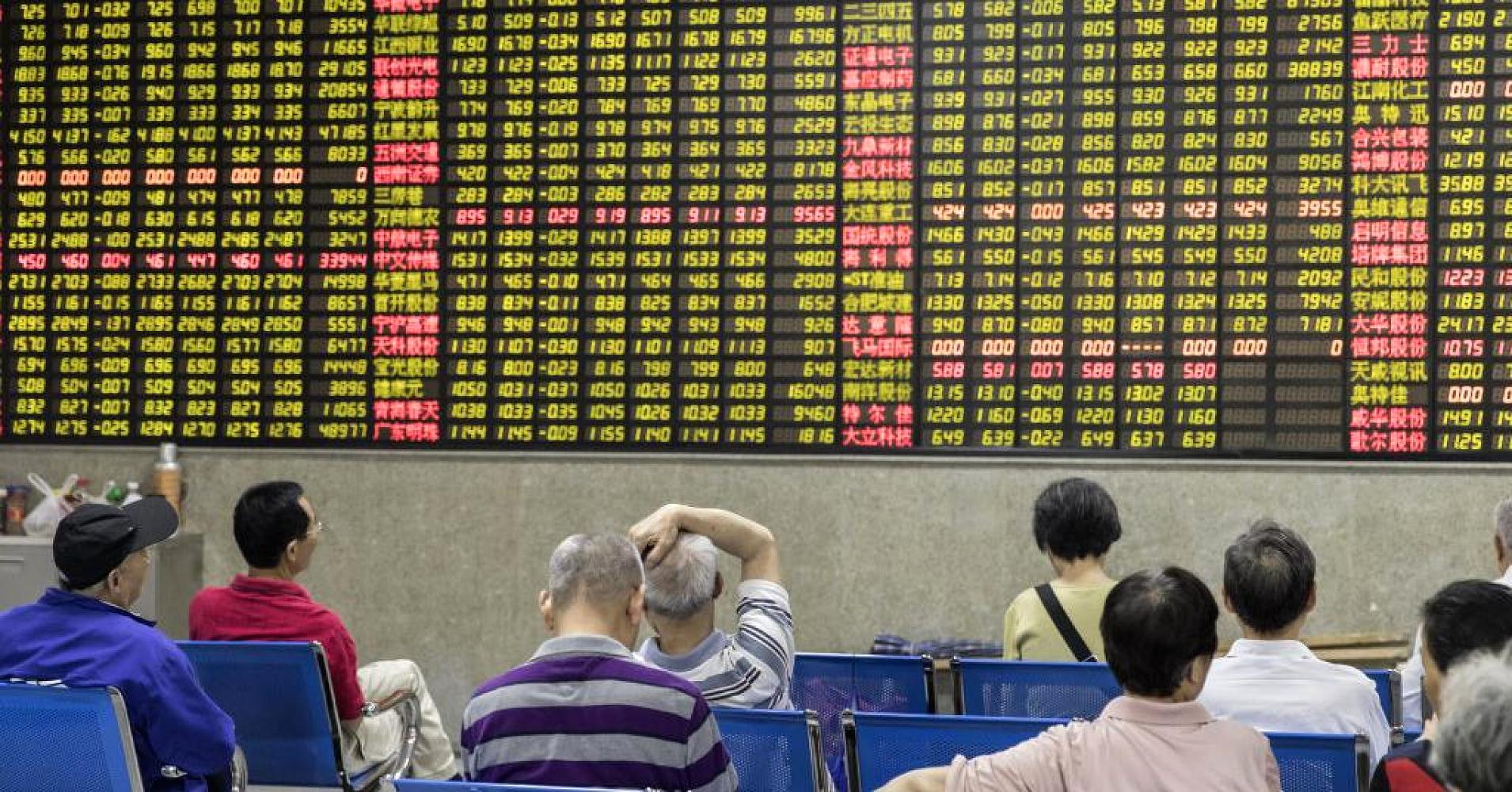Media Report

- CNBC reports: "Close to 230 China A shares debuted on index provider MSCI's emerging markets benchmark on Friday, a move investors expect will attract billions of dollars in inflows to the mainland market. The partial inclusion of the A shares — yuan-denominated stocks traded on the mainland — to MSCI's Emerging Markets Index takes place in two phases, with the second step only coming in August. Among the names included were a mix of financials, consumer and developer names such as Kweichow Moutai, which makes premium liquor; BYD, an electric vehicle manufacturer; China's largest lender Industrial and Commercial Bank of China and Ping An Insurance. ZTE, the telecommunications equipment company currently banned from purchasing U.S. technology, and four other names were not added, MSCI said earlier in the week."
- The New York Times comments: "Forget Google versus Facebook. Forget Uber versus Lyft. Forget Amazon versus … well, everybody. The technology world's most bruising battle for supremacy is taking place in China. And it could point to Big Tech's future everywhere else, too. Tencent Holdings and the Alibaba Group are ratcheting up their no-holds-barred contest to dominate the ways 770 million internet users communicate, shop, get around, entertain themselves and even invest their savings and visit the doctor. The two titans long ago branched out from their core businesses — games and social media for Tencent, e-commerce for Alibaba — to duke it out in ever more realms of Chinese life. They have competed in messaging, microblogging and delivering takeout. They go head-to-head in video streaming and cloud computing."
- The Washington Post reports: "President Trump campaigned on going hard after China for ripping off the United States on trade. Yet a year and a half into his presidency, Trump has put more tariffs on longtime U.S. allies than he has on China, his supposed "bad guy" on trade. The Trump administration announced new tariffs Thursday on the European Union, Canada and Mexico. Almost all of the reaction has been negative. Many are calling it a political and economic mistake. America's allies are stunned, stocks slid on Wall Street as trade-war fears returned, and economists are warning that Americans will soon face higher prices on a wide variety of products. A slew of Republican lawmakers immediately trashed the move as bad for the economy and foreign relations."
Calendar
- 2018-05-31 US admiral says China is Asia's biggest long-term threat
- 2018-05-30 China says it will protect its interests from 'reckless' US trade threats
- 2018-05-29 Ross goes from Trump ‘killer’ to ‘past his prime’
- 2018-05-28 For Trump, the Challenges From China Multiply
- 2018-05-27 US presses China to sign long-term import contracts
- 2018-05-25 Trump Levies Would Hit Other Asia Economies Harder Than China's
- 2018-05-24 The Trump presidency is a win for China
- 2018-05-23 Trump Blames China’s Xi Jinping for Sabotaging the Kim Jong Un Summit
- 2018-05-22 There's no deal with China on ZTE, and I'm not satisfied with trade talks
- 2018-05-21 Be careful if China cuts you a check, says former US trade official
News
- CNBC Chinese stocks make symbolic debut on widely followed index
- The Washington Post Trump has officially put more tariffs on U.S. allies than on China
- The New York Times China Cuts Tariffs Ahead of U.S. Commerce Secretary's Visit to Beijing
- CNBC Beijing is upping the pressure on Taiwan: 'Expectation of reunification is certainly increasing'
- CNN These Chinese buildings are coming to a city near you
- The Guardian Chinese interference in New Zealand at 'critical' stage, says Canada spy report
- CNBC Japan wants to work with the US to stop China's 'market-distorting' practices
- Newsweek U.S. Military "Prepared" To Face China and North Korea Ahead of Major Asia Conference
- CNBC A private manufacturing index shows steady growth in China
- Bloomberg EU Takes China to the WTO Over Technology-Transfer Practices
- Market Watch Asian markets end mixed, as MSCI's inclusion fails to make a splash in China
Commentary
- The New York Times Worried About Big Tech? Chinese Giants Make America's Look Tame
- The Diplomat China's Complicated LGBT Movement
- The Wall Street Journal That Calm Chinese Stock Market? It's Engineered by the State
- This Is Money A new way to invest in China: What including Chinese blue chips in the MSCI Emerging Market index means for investors
- CNN Can US-China talks calm global trade war fears?
- Financial Times Chinese shares to transform emerging market investing
- Engadget Google's Files Go storage management app lands in China
- Forbes China Is Warming Up To Bitcoin Again
- Forbes China's Economy: Not Too Hot, Not Too Cold